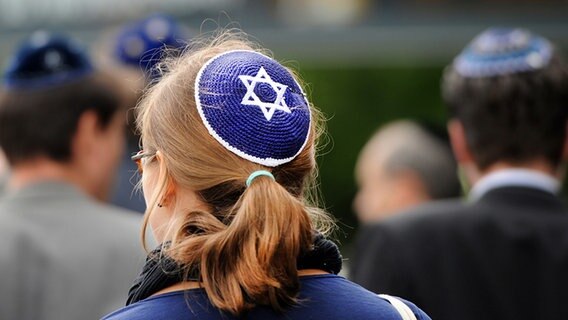Status: 06/30/2021 6:20 p.m.
Hamburg gets its first anti-Semitism officer on Thursday. Stefan Hensel, chairman of the German-Israeli Society Hamburg.
–
Listen to the post
9 Min–
Mr. Hensel, this institution of the anti-Semitism commissioner already exists in most of the other federal states. But not in Bremen: Instead, they rely on a forum with different actors. The Jewish community in Bremen calls the anti-Semitism commissioner as an institution “a failure of democratic society that has come to life”. How does that sound to your ears?
Stefan Hensel: First of all, it has to be said that every federal state has its own way of dealing with it and has thought of its own equipment for this office. If a different path is taken in Bremen, then I find it interesting because we are only at the very beginning with these tasks, which will then be implemented at the state level. I think after a few years we can evaluate and see what we have achieved, and then maybe we have to change direction. I think it’s interesting that we have a federal state that goes its own way.
Why do you consider your position as anti-Semitism officer to be important and essential?
Hensel: We have been more sensitive to anti-Semitism in recent years – I would prefer to speak of hatred of Jews because it makes it a little clearer. It’s about the prejudice against Jews and the rumor about Jews. We have an increase in anti-Semitic crime. A few days ago, the Anti-Semitism Report revealed that there were 1,909 anti-Semitic crimes in the past year. Every day there were four to eight crimes of various types – from insulting to damage to property and physical assault. This shows that there is a need for action here. I am not only the anti-Semitism commissioner, but also the commissioner for Jewish life – and there is a lot to show how Jews in Hamburg helped to shape and shape the city.
additional Information







